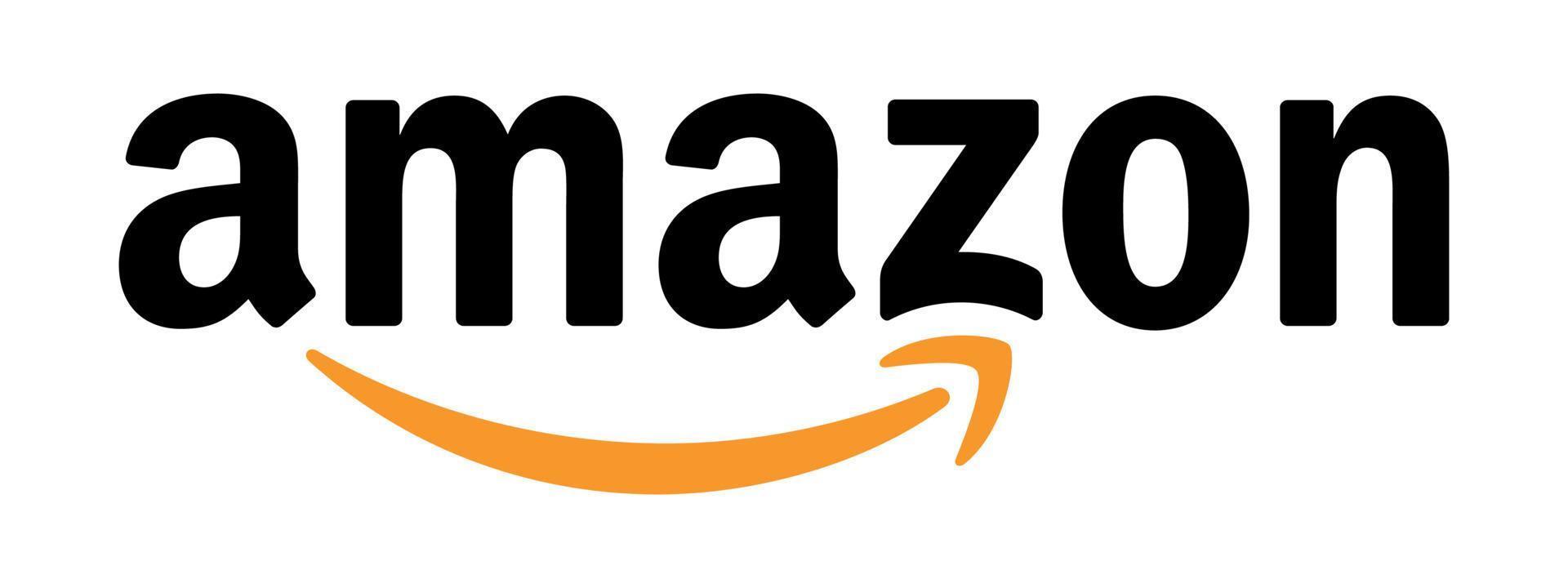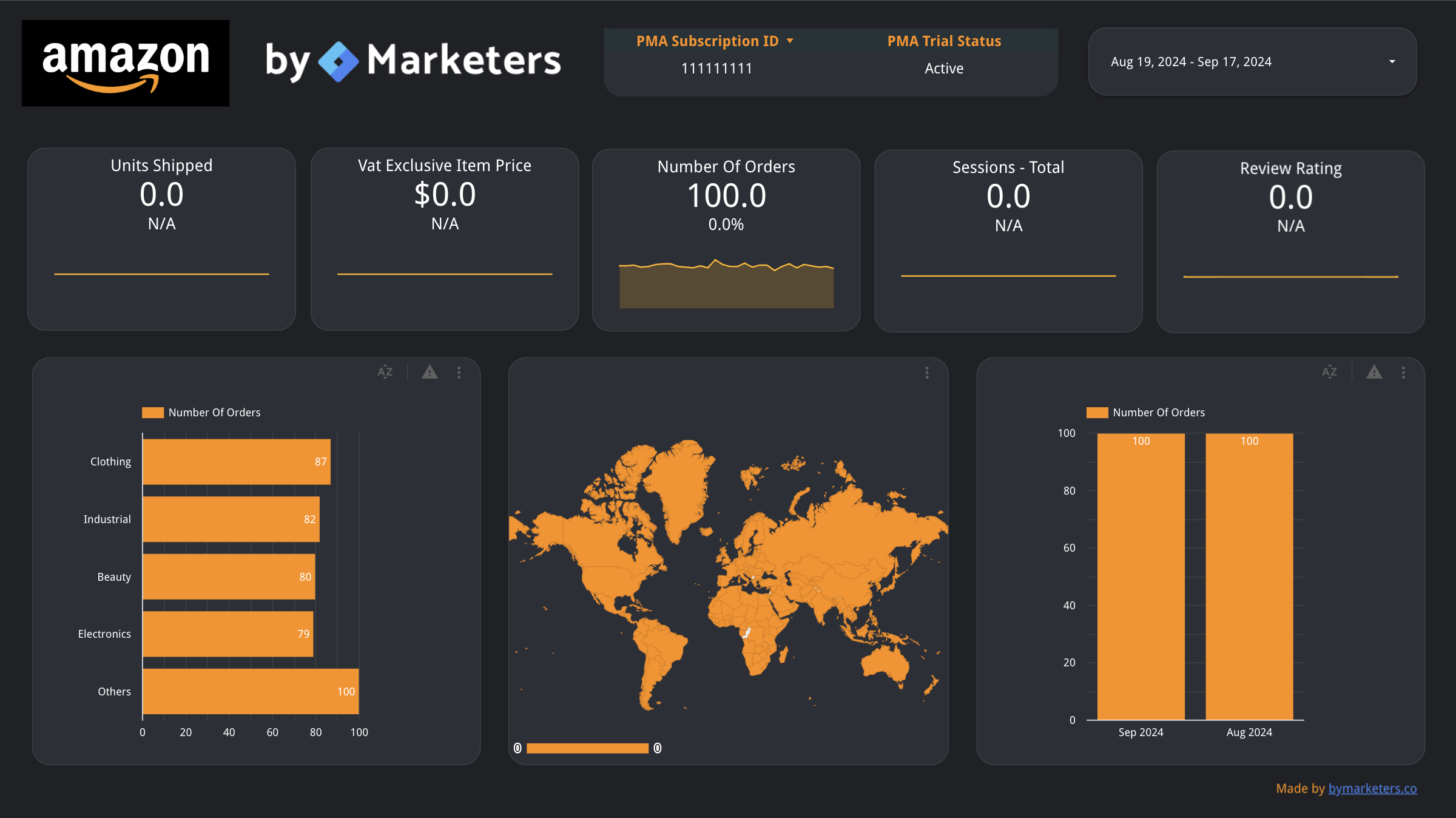
Amazon Personalize: Complete Buyer's Guide
Enterprise-grade machine learning service for ecommerce recommendation systems
Amazon Personalize represents AWS's enterprise-grade machine learning service engineered specifically for ecommerce recommendation systems, delivering real-time personalized experiences through advanced AI algorithms that process user interaction data and item metadata[41][46].
Market Position & Maturity
Market Standing
Amazon Personalize occupies a dominant position within the enterprise recommendation engine market, leveraging AWS's infrastructure scale and machine learning expertise to compete directly with Google Recommendations AI and IBM Watson[41][47].
Company Maturity
Company maturity is evidenced through AWS's established enterprise customer base and proven track record in managing large-scale machine learning services.
Growth Trajectory
Growth trajectory reflects AWS's continued investment in machine learning services and the broader AI market expansion.
Industry Recognition
Industry recognition includes positioning within AWS's machine learning service portfolio, benefiting from AWS's enterprise certifications and compliance frameworks.
Strategic Partnerships
Strategic partnerships within the AWS ecosystem enable integration with complementary services including Amazon S3 for data storage, AWS Lambda for serverless processing, and Amazon CloudWatch for monitoring.
Longevity Assessment
The platform's integration within AWS's comprehensive service portfolio provides operational stability and long-term viability assurance.
Proof of Capabilities
Customer Evidence
Cencosud, a major Latin American retailer, achieved 600% increase in click-through rates and 26% higher average order value following platform deployment, with recommendation-driven revenue representing 31% of total ecommerce sales[49][51].
Quantified Outcomes
VistaPrint's documented success includes 10% conversion rate lift combined with 30% reduction in total cost of ownership after migrating from legacy systems[53].
Case Study Analysis
BASE platform's implementation resulted in 56% rise in product views following Amazon Personalize deployment, demonstrating improved customer engagement across their ecommerce platform[51].
Market Validation
Market adoption evidence includes integration with AWS's broader enterprise customer base, though specific customer counts and retention rates are not publicly disclosed.
Competitive Wins
Competitive validation emerges through documented wins against legacy systems and traditional recommendation approaches.
Reference Customers
Enterprise customer validation demonstrates Amazon Personalize's effectiveness across multiple industries and implementation scenarios.
AI Technology
Amazon Personalize operates through advanced machine learning algorithms that process user interaction data including clicks, purchases, and views alongside item metadata to generate personalized recommendations within milliseconds[41][46].
Architecture
Architecture and deployment follow AWS's managed service model, eliminating infrastructure maintenance requirements while providing enterprise-grade scalability[41][46].
Primary Competitors
Google Recommendations AI, IBM Watson, Adobe Target, Nosto, Dynamic Yield, Algolia[17][18][44][47].
Competitive Advantages
Competitive advantages center on millisecond response times for real-time personalization, generative AI integration for dynamic content creation, and managed service reliability through AWS infrastructure[43][47][58].
Market Positioning
Market positioning establishes Amazon Personalize within the enterprise-focused segment, competing on technical sophistication and infrastructure reliability rather than ease of use or cost accessibility.
Win/Loss Scenarios
Win scenarios favor Amazon Personalize for organizations with rich behavioral data, existing AWS infrastructure, and dedicated technical resources seeking measurable conversion improvements through AI-driven personalization[41][46].
Key Features

Pros & Cons
Use Cases
Integrations
Pricing
Featured In Articles
Comprehensive analysis of Recommendation Testing for Ecommerce for Ecommerce businesses and online retailers. Expert evaluation of features, pricing, and implementation.
How We Researched This Guide
About This Guide: This comprehensive analysis is based on extensive competitive intelligence and real-world implementation data from leading AI vendors. StayModern updates this guide quarterly to reflect market developments and vendor performance changes.
60+ verified sources per analysis including official documentation, customer reviews, analyst reports, and industry publications.
- • Vendor documentation & whitepapers
- • Customer testimonials & case studies
- • Third-party analyst assessments
- • Industry benchmarking reports
Standardized assessment framework across 8 key dimensions for objective comparison.
- • Technology capabilities & architecture
- • Market position & customer evidence
- • Implementation experience & support
- • Pricing value & competitive position
Research is refreshed every 90 days to capture market changes and new vendor capabilities.
- • New product releases & features
- • Market positioning changes
- • Customer feedback integration
- • Competitive landscape shifts
Every claim is source-linked with direct citations to original materials for verification.
- • Clickable citation links
- • Original source attribution
- • Date stamps for currency
- • Quality score validation
Analysis follows systematic research protocols with consistent evaluation frameworks.
- • Standardized assessment criteria
- • Multi-source verification process
- • Consistent evaluation methodology
- • Quality assurance protocols
Buyer-focused analysis with transparent methodology and factual accuracy commitment.
- • Objective comparative analysis
- • Transparent research methodology
- • Factual accuracy commitment
- • Continuous quality improvement
Quality Commitment: If you find any inaccuracies in our analysis on this page, please contact us at research@staymodern.ai. We're committed to maintaining the highest standards of research integrity and will investigate and correct any issues promptly.